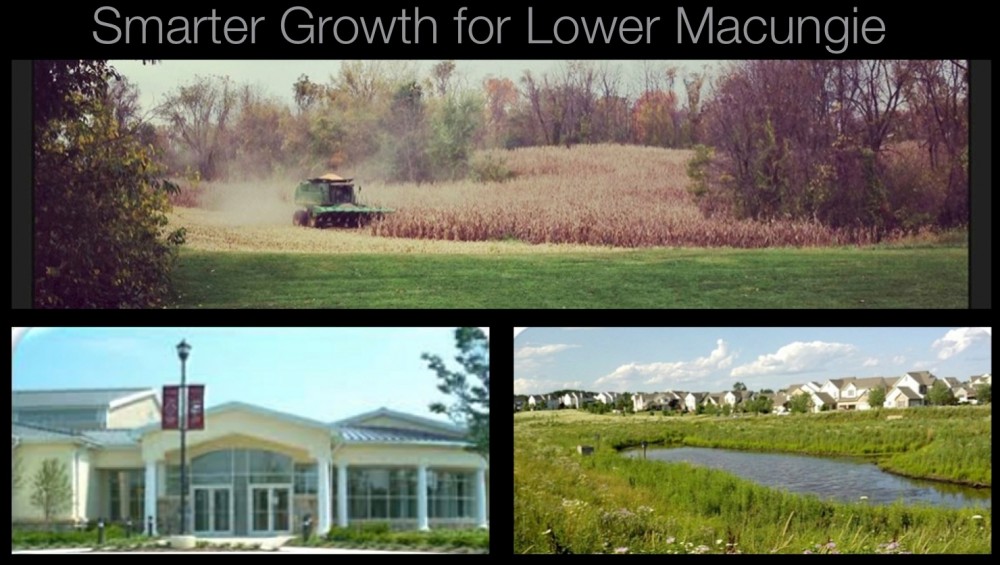I believe in market-based, fiscally conservative solutions to land use and transportation challenges faced by the nation.
These issues are highlighted locally. The proposal to reconstruct and widen Route 22 from four to six lanes between 15th & Airport Rd. will cost about $175 million dollars. Huge amount of money. We’re all paying for it in the form of the gas tax passed by the PA legislature.
Most acknowledge Rt. 22 has reached critical mass (in terms of convenience). The issue is how we address it. So on the horizon is a widening project with no accountability for results with a high likelihood that in 10 years the 6 shiny new lanes will again be gridlocked. It’s happens enough with widening projects all around the nation. Agency throws money at a highway but it rarely fixes the underlying issues. In enough cases to raise alarm bells the new lanes simply fill up. So why do we repeat the same mistakes?
Big picture the vicious circle is astronomically beyond our ability to pay for. The system is unsustainable. This is evidenced by the crisis level of infrastructure issues in the United States. Here in PA most believe the gas tax increase won’t fix the underlying issues. It’s another bandaid.
So what’s an alternative? Is there a market based-conservative approach? I believe there is and a model is out there.
In Virginia through a public/private partnership a private company helped fund the installation of express lanes on I-495. The company Transurban financed, designed and built the project with review and oversight from VDOT. The company operates and maintains the Express Lanes.
Widening projects happen because people complain about congestion. Since highways are a public good and should be available to everyone it’s important we don’t create barriers. A dedicated express lane doesn’t. It just creates a market for convenience. Those who want to pay for convenience pay for it. Those that don’t, aren’t forced to.
Here Jim Bacon talks about the 495 express lane project in Virginia. The program has so far seen lower then expected revenue. Jim attributes it to reduced traffic overall and the recession. Personally I’m ok with that, since the alternative would have been traditional funding mechanisms. (aka taxpayers). Based on what I’ve read this will eventually be a profitable venture for Transurban. Alot of the issues were timing. And again, if it never does become profitable then the risk was all on them not taxpayers. That’s what the market is all about.
